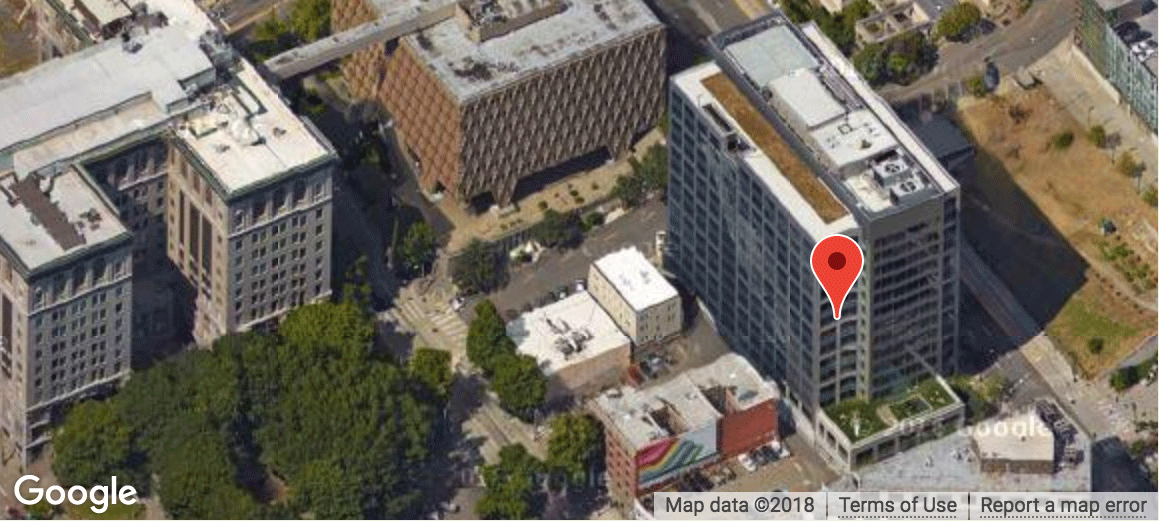King County Executive Constantine speaks to early success of evidence-based juvenile diversion programming and impacts to public safety
Summary
King County Executive Dow Constantine provided details and updates on the early successes of Restorative Community Pathways, a community-based juvenile diversion program.
Story
King County Executive Dow Constantine shared updates on the early success of Restorative Community Pathways (RCP), an evidence-based program aimed at reducing youth incarceration and racial disproportionality in the juvenile legal system. Joined by King County Prosecutor Dan Satterberg, departmental program staff, and community-based organizations, Executive Constantine spoke about the county’s commitment to connecting youth with services that meet their basic needs and improve community connection and safety.
“Restorative Community Pathways is an evidence and community-based program to help change a youth’s behavior, reducing crime and creating a better future for themselves, their families, and our community,” said Executive Constantine.
Within the first year, RCP aims to divert 400 low-level, first-time juvenile cases to an existing network of restorative justice organizations that provide immediate responses and support for youth and harmed parties.
Available data for the program provided by the Prosecuting Attorney’s Office, while early, is promising. Data collected between November 1 of last year and August 18, 2022, shows that of the 145 youth participating in RCP in lieu of prosecution, only 12, or just over eight percent, have had new case referrals. For the same period, 233 juveniles were charged through traditional prosecution, with 47, or just over twenty percent, seeing new case referrals. In comparison, data from the State Department of Children, Youth, and Families showed that from 2011 through 2018 juveniles sent to state prison have a recidivism rate of between 49% and 58% annually.
“King County has historically proven that diversion works to reduce juvenile crime, and that’s exactly what RCP aims to do,” said Dan Satterberg, King County Prosecuting Attorney. “As part of RCP, youth are able to connect to services and interventions aimed at repairing the harm that they caused and reducing their likelihood of reoffending. Critically, RCP also provides equal resources and support to victims. In study after study, children prosecuted in juvenile court achieve less success and do more harm than comparable youth who have been diverted out of the formal court system.”
Calls to reform the juvenile legal system have increased over the past decade, and RCP is a direct response to the need for systemic change, ensuring youth with lived experience and community members and organizations impacted by these issues are closely engaged with human service providers and government agencies to meet collective goals, including increased public safety and restorative programs.
"RCP at its core is a program that provides healing and restoration for youth. This is a community-led initiative, supported by the Department of Community and Human Services (DCHS) that builds on King County’s current plans and investments to realize the vision of a community where every person can thrive,” said Sheila Ater Capestany, Children Youth and Young Adults Division Director in DCHS. “RCP is an important step on King County’s journey to zero youth detention, as the County divests from the juvenile legal system responses to youth in crisis and invests in a community-based diversion response, and the early results are promising. Program providers report 86 percent of youth participants are meeting their program goals and 94 percent are increasing connection with adults, family, and the community.”
RCP will continue to be evaluated to determine its effectiveness in outcomes for both the youth referred to the Prosecuting Attorney’s Office and the harmed party with the goal of improving public safety in King County.
Quotes
Restorative Community Pathways is an evidence and community-based program to help change a youth’s behavior, reducing crime and creating a better future for themselves, their families, and our community.
King County has historically proven that diversion works to reduce juvenile crime, and that’s exactly what RCP aims to do. As part of RCP, youth are able to connect to services and interventions aimed at repairing the harm that they caused and reducing their likelihood of reoffending. Critically, RCP also provides equal resources and support to victims. In study after study, children prosecuted in juvenile court achieve less success and do more harm than comparable youth who have been diverted out of the formal court system.
RCP at its core is a program that provides healing and restoration for youth. This is a community-led initiative, supported by the Department of Community and Human Services (DCHS) that builds on King County’s current plans and investments to realize the vision of a community where every person can thrive. RCP is an important step on King County’s journey to zero youth detention, as the County divests from the juvenile legal system responses to youth in crisis and invests in a community-based diversion response, and the early results are promising. Program providers report 86 percent of youth participants are meeting their program goals and 94 percent are increasing connection with adults, family, and the community.
The goal of work like ours is to bring safety to our community by helping people heal; both those who have been accused of causing harm and those who have been harmed. Police, prosecutors, and prisons can’t do that and as a result, when we rely on those systems, we continue to see harmful behaviors in our community. If we want to end this cycle of violence, if we want to see all of our community members thrive, then we must first see all of us as we see ourselves; flawed, human, and in our woundedness capable of causing harm and as we heal, capable of infinite good.
For more information, contact:
Kristin Elia, Executive Office, 206-477-8209

 Translate
Translate

